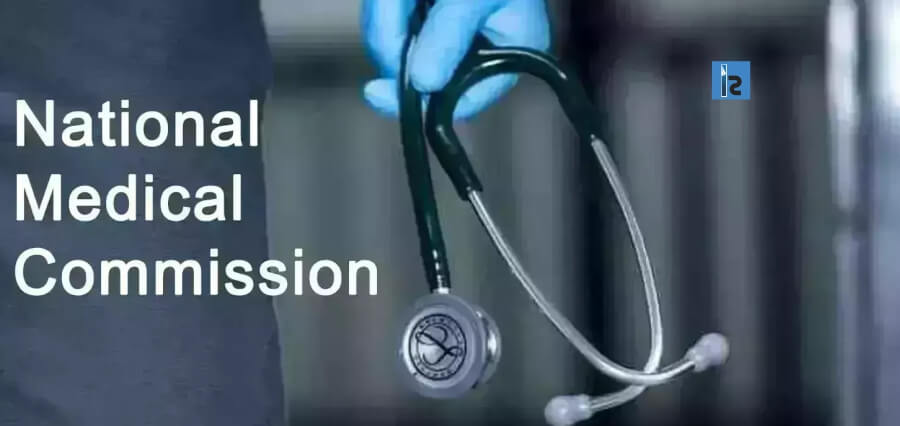The National Medical Commission (NMC) has introduced stringent regulations to prevent doctors from participating in seminars, workshops, or conferences that receive sponsorships from pharmaceutical companies or the allied health sector. These new rules, outlined in Section 35 of the professional conduct regulations, also prohibit doctors from receiving consultancy fees, honorariums, or any form of remuneration from pharmaceutical or medical device companies, commercial health establishments, or corporate hospitals. Violations of these regulations could result in the cancellation of a doctor’s license for a period of three months.
The objective behind these regulations is to eliminate any potential loopholes that emerged after the Medical Council of India banned gifts, travel facilities, and hospitality offerings to doctors. In response to these bans, some companies were designating doctors as faculty members rather than delegates to facilitate paid travel arrangements. Similarly, consultancy fees and honorariums were being offered to doctors by companies and hospitals for lectures and workshops, often under the guise of “facilitation fees.” The new regulations now restrict doctors to only receiving compensation or benefits as employees of the respective companies.
It is worth noting that these regulations coincide with previous conditions set by the NMC that require doctors to prescribe medicines using their generic names. While the intention of the NMC’s regulations is to sever any potential nexus between doctors and pharmaceutical companies, many doctors have expressed dissatisfaction with the stringent clampdown.
Critics argue that before enforcing the prescription of generic medicines, there should be standardized quality assurance measures in place. Additionally, there is a need for more clarity regarding the disclosure of doctor-company or doctor-hospital relationships, and there are concerns about the severity of the penalties outlined in the regulations. As a result, the evolution of these regulations will be closely monitored to determine whether they will be adjusted, similar to how conditions introduced by the Medical Council of India were modified following protests from doctors a few years ago.


